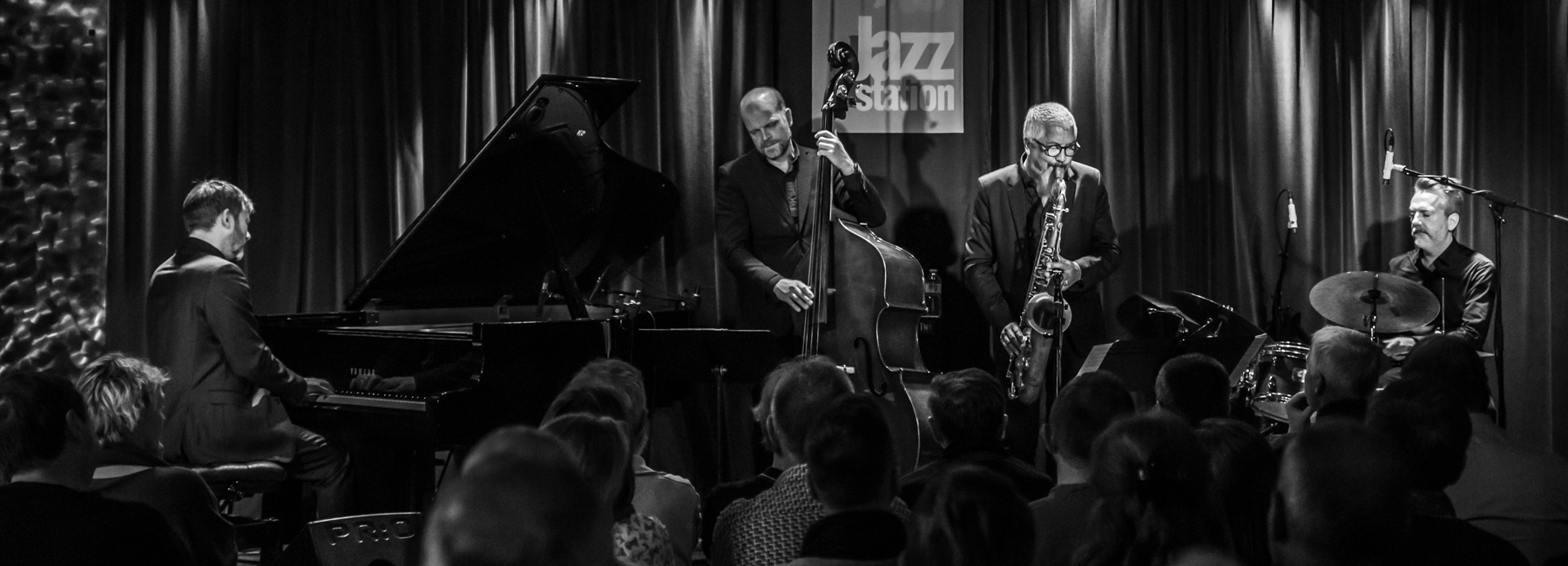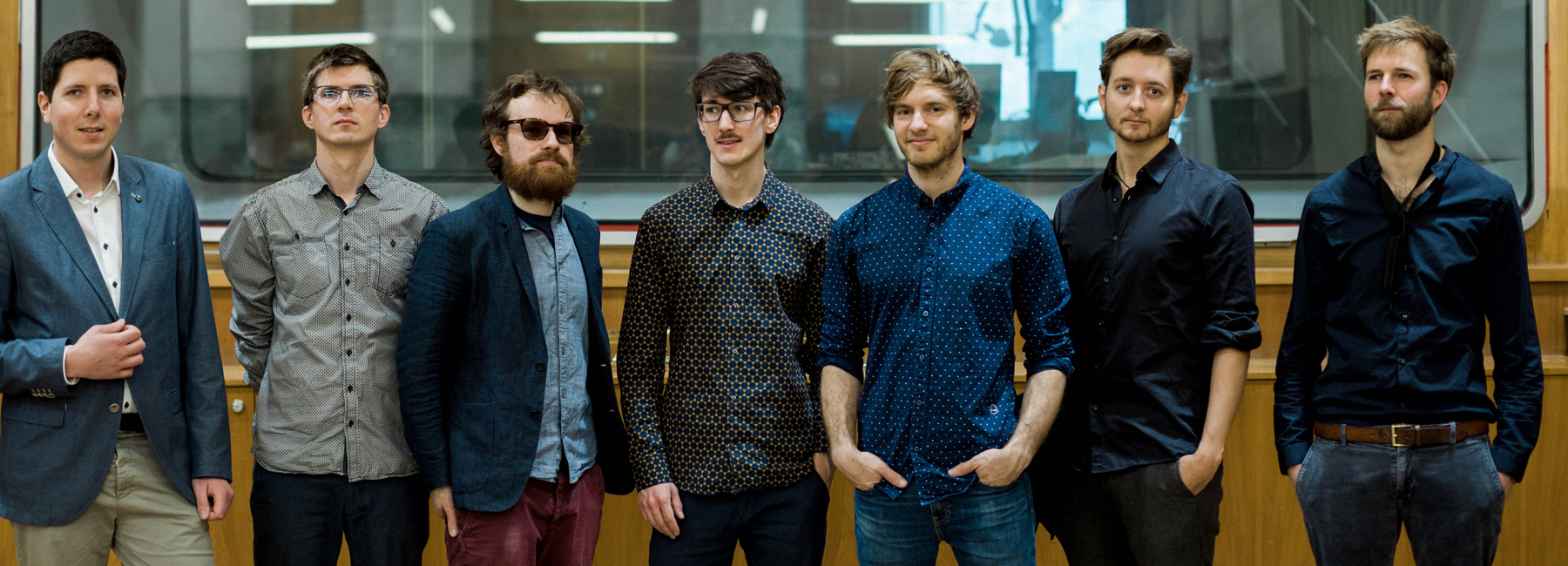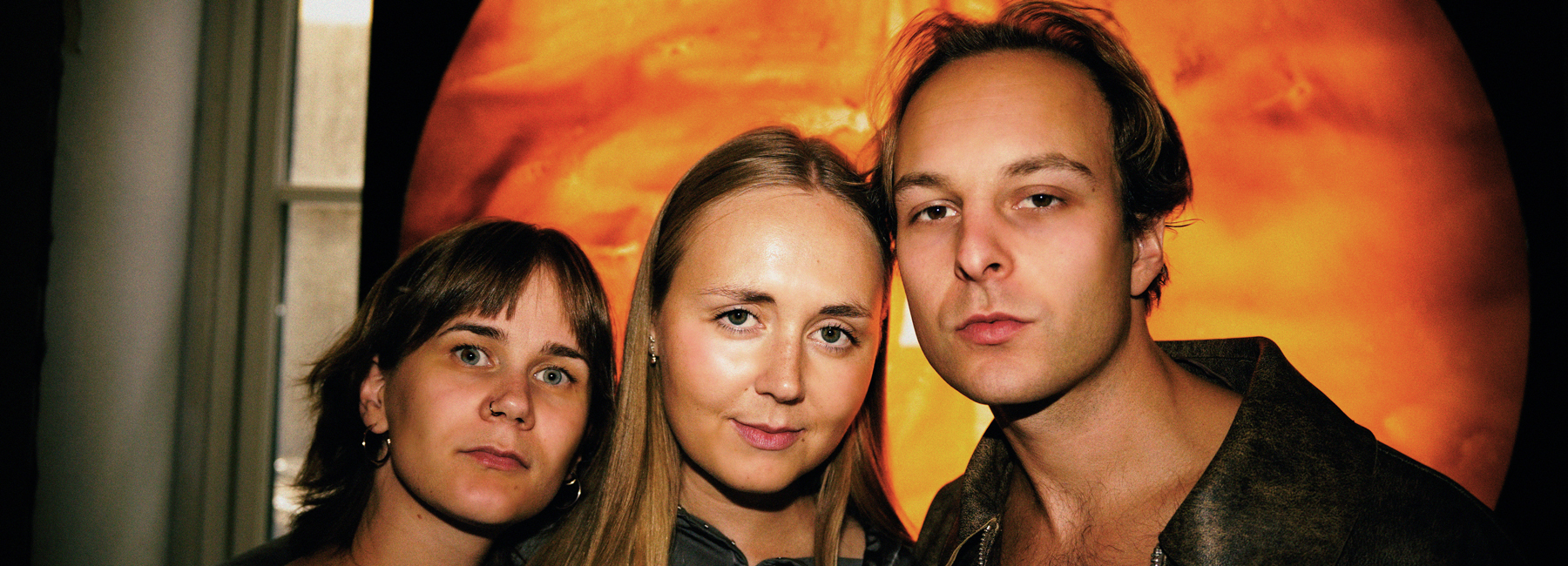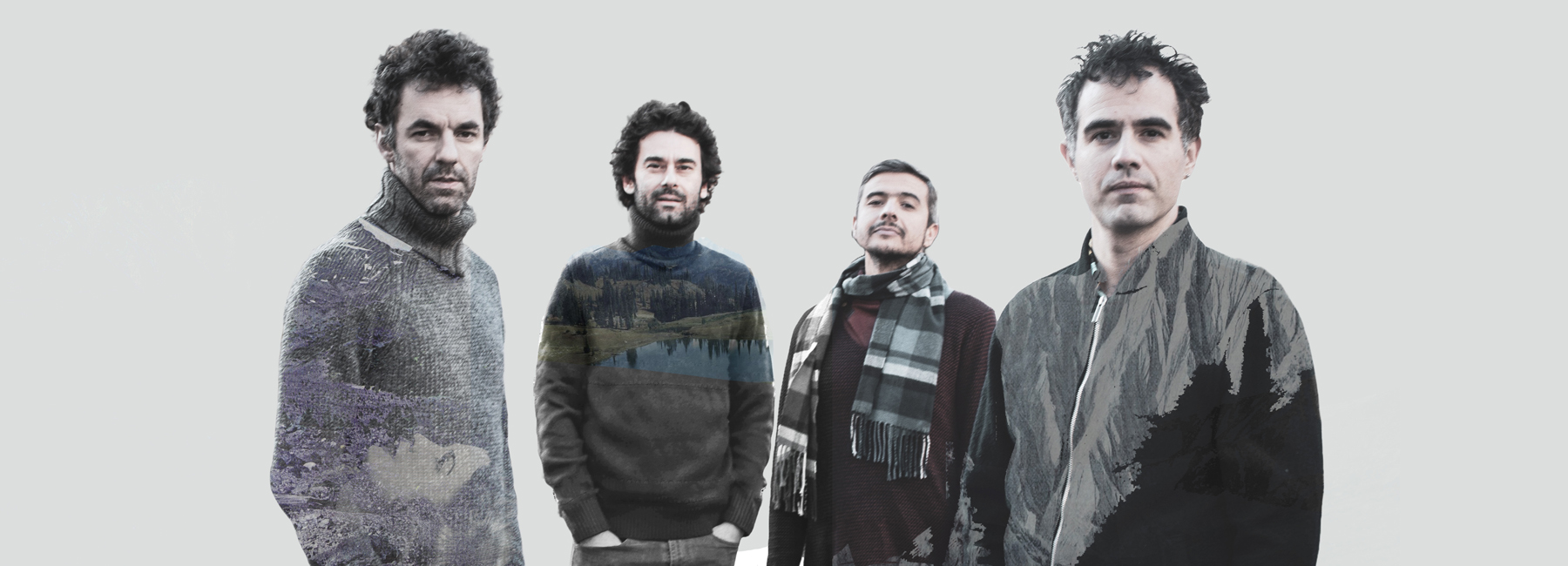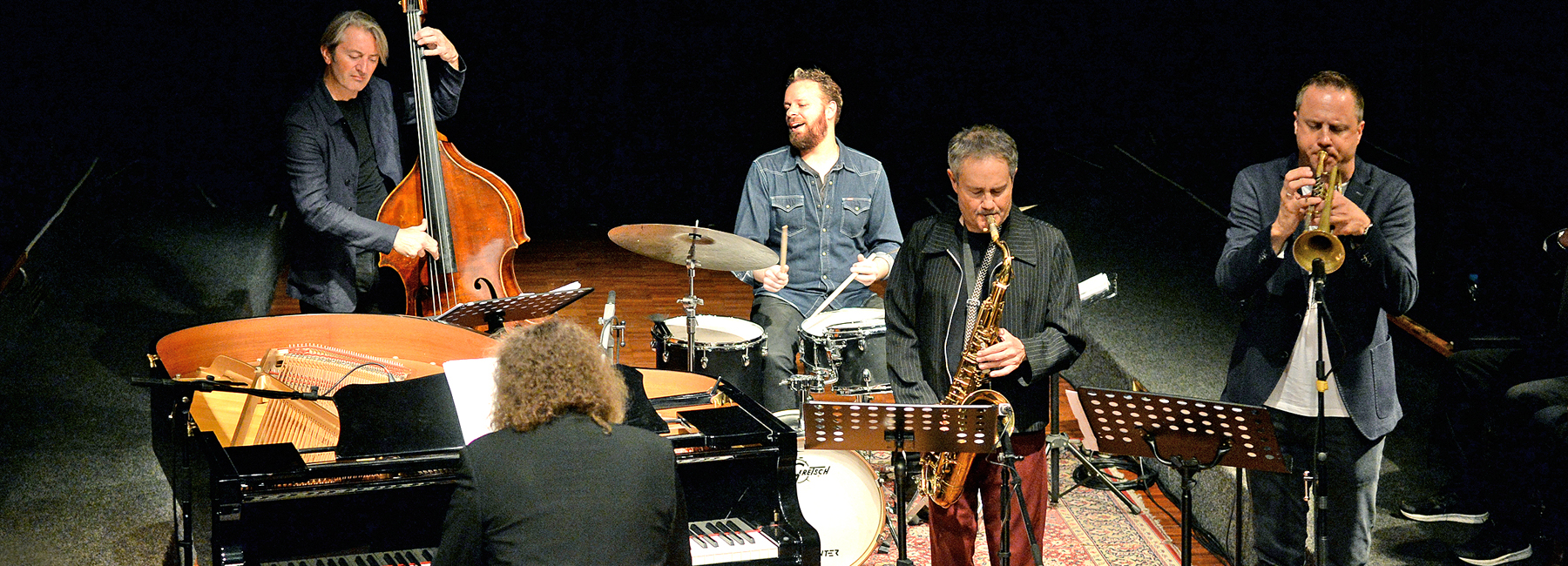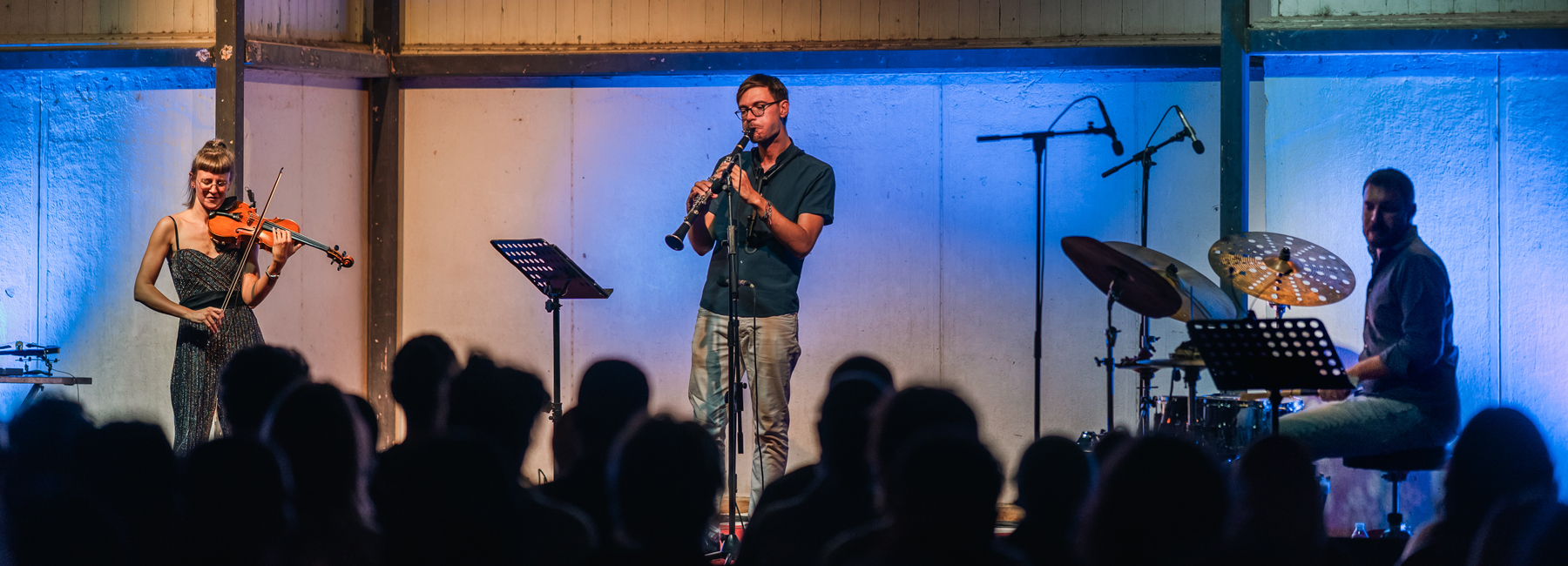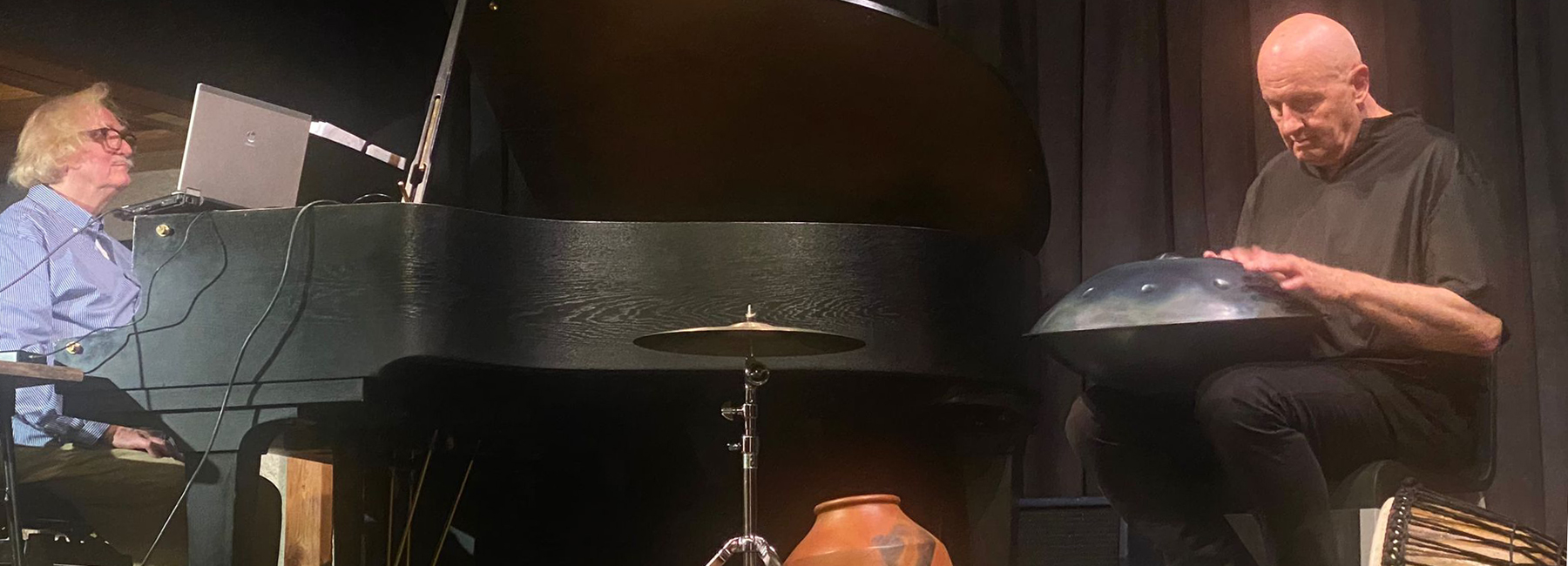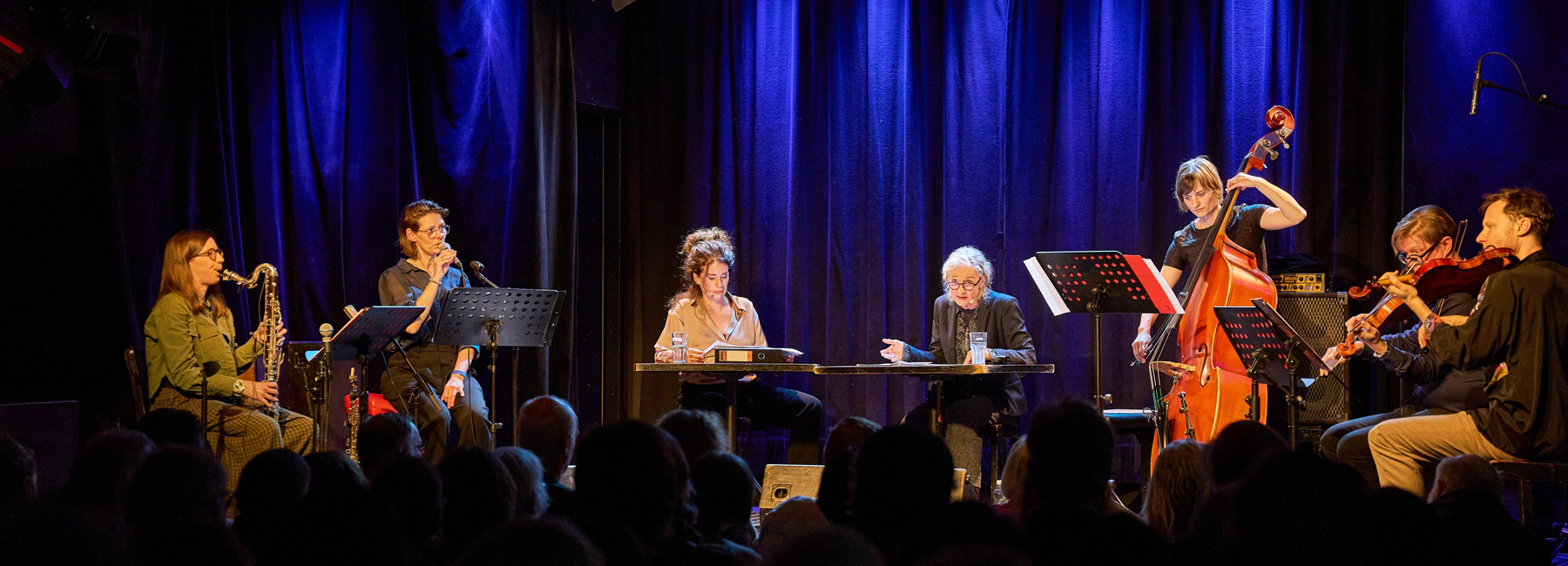Roberto Magris Europlane
Freedom is Peace
This reassembling of Roberto Magris’ world-class Europlane ensemble marks the 20-year reunion between the Italian-born pianist-composer-arranger and the powerhouse Hungarian tenor saxophonist Tony Lakatos. Both had appeared together on the group’s 2005 debut, Check-In, which revealed their mutual love of smoking bebop with an edge. That Soul Note outing garnered favorable response from Stateside critics for its relentlessly swinging energy and slightly left-of-center sensibilities. As Jack Bowers wrote in this All About Jazz review of Check-In: “Even though these gentlemen are virtually anonymous and reside on the far side of the Atlantic, musical talent is an equal opportunity donor that overlooks ethnic and geographic boundaries. There are 58 minutes of superlative cutting-edge jazz on this album, and they’re well worth hearing.”
But perhaps British critic Don Mather hit the nail on the head when he wrote: “This album is a must for anyone who likes modern mainstream and is a lesson to many of the contemporary groups who seem to me to have forgotten that jazz is supposed to swing!”
And swing they did. While Lakatos exchanged fire-breathing tenor licks on that intense, bop-fueled Europlane outing with Austrian tenor saxophonist Michael Erian — both spurred on by Magris’ harmonically rich, rhythmically astute and often spiky piano comping — he is joined on the front line this time out by another veteran player in Austrian alto and baritone sax ace Florian Bramböck, a longtime member of the Vienna Art Orchestra (1991-2004). “My relationship with Florian goes back the 1990s, when he often played as guest soloist with my quartet,” explained the Trieste-born pianist and Europlane leader. “We had another band together in Austria and he also played some Europlane concerts in Italy in the ‘90s. So Tony and Florian are both old friends of mine, and we had several different chances to play together and cross musical paths over the last 30 years.”
Another old friend on this session is German bassist Rudi Engel, a collaborator of Magris’ since the early ‘90s, who was also part of the Europlane ensemble on Il Bello Del Jazz (Soulnote 2006), featuring Herb Geller. Rounding out the international ensemble are Slovakian trumpeter Lukas Oravec and Slovenian drummer Gasper Bertoncelj. “Lukas, based in Southern Moravia, and Gasper, based in Ljubljana, are quite new entries into our musical lives,” said Magris. “And I’ve often called on Gasper to play drums in the last years, since I’ve been living in Slovenia (in the border town of Sežana, near his birthplace of Trieste, Italy).”
Together they romp through eight tunes (including an Andrew Hill cover and five Magris originals) in an aggressively swinging manner, recalling the urgency of the George Adams-Don Pullen Quartet of the ‘80s or even the latter day Charles Mingus bands. Magris ran down the evolution of his own idiosyncratic embrace of dissonance within the context of swinging jazz piano, heard here on tunes like “The Island of Nowhere,” “Loose Fit” and the frantic title track, which opens Freedom Is Peace on a highly-charged note:
“For the jazz pianists of my generation — those who were starting to play in the 1970’s — our grandmaster and main reference was (and still is) McCoy Tyner; not only with John Coltrane but also on his Milestone albums as a leader. As I met jazz music while trying to escape from classical music, because of its lack of rhythm and prevalence of ‘polite’ harmonies, I was attracted to McCoy, and then to players like Bobby Timmons and Horace Silver. From there I went back to discover bebop through Bud Powell, Elmo Hope and Sonny Clark. At last, in my study and research as a young jazz pianist, I focused on Thelonious Monk and his hypnotic world. Moving from Monk, I got to Mal Waldron, Randy Weston, Herbie Nichols and Andrew Hill. As a teenager fond of jazz in the 1970s, my heroes were Coltrane and Mingus, and I was especially impressed by the way Don Pullen played on Mingus’ Changes One and Changes Two albums, through harmonies with Cecil Taylor’s free jazz dissonances. So from my early times, I’ve included in my pianism the possibility to go ‘out’ with the right hand while keeping the structure and chords with the left.”
The result is a kind of a free jazz played in time — the best of both worlds, to some ears.
Recorded at the Festsaal in Bad Goisern on April 25, 2024 in the Salzkammergut region of Austria, Freedom is Peace is a stunning document of the Europlane sextet in full stride before a live audience.
The driving title track kicks off the concert with a ferocious intensity. Magris sets the urgent tone by laying down heavy left hand statements, in classic Tyner fashion, opening the door for some blistering solos from Lakatos on tenor (catch his brief, sly quote from “Softly, as in a Morning Sunrise”), Oravec on trumpet and Bramböck on baritone sax. Their surging energy sets Magris up for a magnificent McCoy-ish piano solo before the three horns engage in some conversational exchanges that culminate in some potent free jazz overblowing at the end. A powerful opener indeed.
“This new composition of mine comes from the pressing need to now stand for peace, freedom, friendship, brotherhood and positive values,” said Magris. “Since COVID, we’ve found ourselves suddenly having to live completely different lives. And then the rumors of war with new iron curtains has made for some heavy feelings as well as unsure and unsafe perspectives. Of course, jazz can be also a political vehicle, as was proven during the free jazz period of the ‘60s. So ‘Freedom is Peace’ is a call to stand for peace and beauty as a counterpart to the ugly feelings that are more and more surrounding us. Music, and especially jazz, is energy. And in this period we need positive energy.”
“The Island of Nowhere” is a more relaxed, mid tempo swinger in a Jazz Messengers vein. Oravec solos first, showcasing the clarity of his high-note fusillades. Bramböck follows by easily double-timing on alto sax before launching into the stratosphere on his solo. Lakatos then unleashes a burly tenor solo, dropping in a quote from “Summertime” along the way. Magris’ cascading piano solo deftly straddles an inside-outside aesthetic and Engel adds a deeply resonant upright bass solo before they return to the catchy melodic head.
The meditative “Malay Tone Poem” is the most mysterious track on the album. As Magris explained, “Some months ago I happened to listen by chance to a very obscure recording by South African pianist Hotep Idris Galeta, which was sent to me by a jazz friend/disc collector from Des Moines, Iowa in the States. And I was captured by the simplicity of that melody which brings in a deep African mood. I thought it would be nice to include in the concert program a song composed by an African musician because Europe has become more and more mixed, with people arriving especially from Africa. You can see this in the football players of the national teams of the UK, France, Germany, Switzerland and Italy. It’s a mix of faces, colors and cultures. It’s the new face of Old Europe, where different is beautiful. It’s like jazz, with its mixed musicians, people and cultures who gave birth to a new form of music, a new form of art, based on creativity, openness and inclusiveness.”
Their rendition of Andrew Hill’s lovely ballad “Laverne,” is a relaxed, engaging number with some lyrical soprano sax playing by Lakatos. “This song is one of my favorite compositions in jazz because of the beautiful melody and intriguing harmonies,” said Magris. “I’ve been playing it at most of my concerts in the last years, especially on solo piano. And I’ve also repeatedly recorded ‘Laverne,’ as it perfectly fits in my own musical frame.” On this rendition of “Laverne,” Magris added a light horn arrangement to emphasize some emotional parts of Hill’s piece. He and bassist Engel also contribute particularly lyrical solos on this intimate gem.
“Something to Save from EU (You)” opens with a rubato piano-bass intro by Magris and Engel before segueing to a mid-tempo swing groove with a kind of optimistic bounce to it. Drummer Bertoncelj solos first, demonstrating some facile brushwork on the kit against Engel’s bowed bass drone. Lakatos begins his solo with some typically jaunty tenor work before nonchalantly double-timing, gradually building to an ecstatic crescendo. Magris’ piano solo drifts back and forth from strictly straight ahead territory into the more daring Cecil Taylor-Don Pullen zone. And Oravec puts an exclamation point on the proceedings with a stellar trumpet solo.
The title, explains the composer, addresses the prevailing reality of the times. “In these days, many people in Europe are wondering if the European Union was and still is a good idea. Personally, I think it was and is, but now we need to change completely and move from financial priorities to social and cultural priorities. Apart from politics, the European culture needs to be saved. We need to save culture, we need to save art, we need to save music (classical, pop, jazz, rock, folk, etc.). And above all, we need to save melody. So this composition is intended to propose some melodic moments, on a jazz format, that are worth saving.”
“When You Touch Me” is Magris’ full-bodied arrangement of a romantic, moving number from 1997 by Israeli singer-songwriter Boaz Sharabi. Following a dramatic solo piano intro, the full sextet heads into a soothing ‘small big band’ interpretation. Everyone in the ensemble gets a solo taste on this extended number, which comes in at just under 13 minutes. Lakatos soars on soprano and Bramböck burns on bari, while Engel and Magris each offer highly expressive solo statements. “I included this as a tribute to the Jewish contribution to culture in Europe and, especially, to my vivid recent experience in Israel,” said Magris. “I played concerts in Israel last year in September, just one month before the horrible killings and kidnappings there on October 7. I met some excellent musicians there — nice jazz people who played beautiful music in a friendly, peaceful and open-minded atmosphere. They were operating for peace and collaboration in the sake of a final positive normalization in that troubled part of the world. And it was when I was in Tel Aviv that I had a chance to get introduced to this old Israeli pop song. I immediately loved it and wanted to try to bring it into a jazz frame with a slight Latin rhythm.”
The way that “Loose Fit” morphs from a funk-rock head to swinging bridge recalls the mercurial writing style of Charles Mingus. In fact, Magris’ use of dissonance and spiky accents in his renegade piano solo here, following another potent tenor solo from Lakatos, recalls the former Mingus sideman, Don Pullen. “One of my jazz heroes since my youth was Mingus,” he said. “And for sure I’ve absorbed his musical world, which sometimes appears in my writing.” Bertoncelj also delivers an impassioned drum solo on this rhythmically-shifting number.
The collection closes on a buoyant note with “Hip! For the Conference,” which opens with some catchy a cappella playing by the horns before the full sextet takes up a classic hard bop feel. “We used to play this song with the old Europlane 20 years ago,” said Magris. “I have re-arranged it and included it in the program as a link to the past.”
While Europlane was a potent force around Europe from 1998-2003, having recorded five CDs and touring under the patronage and sponsorship of the CEI (Central European Initiative), the band hadn’t operated over the last 20 years…until Magris was asked, out of nowhere, by Jazzfreunde Bad Ischl promoter Emilian Tantana to resurrect the group for a main jazz event in Austria coinciding with Bad Ischl being named the “European Capital of Culture 2024.” As he recalled, “I was asked to prepare a complete brand new musical program for this event, presented as a world premiere. So I worked for a couple of months on some new compositions and arrangements, having in mind the sound of the original Europlane, but with the experience of my last 20 years.”
That experience includes his fruitful collaboration in the States with promoter Paul Collins and his Kansas City-based JMood label. Magris’ 24th recording for JMood (and 40th album as a leader or co-leader overall) is a triumphant declaration from a crew of bona fide all-stars. — Bill Milkowski
Bill Milkowski is a longtime contributor to Downbeat magazine. He is also the author of biographies of Jaco Pastorius, Pat Martino and Michael Brecker. His blog, “The Milkman’s Musings,” can be read on his website at billmilkowski.com
 In-House Science
In-House Science
Live-Mitschnitt vom 29. September 2016, PKS-Villa Rothstein, Bad Ischl.
Arild Andersen: double-bass; Paolo Vinaccia: drums; Tommy Smith: tenor saxophone
Norwegian master bassist Arild Andersen’s trio with big-toned Scottish tenorist Tommy Smith and Italian-born powerhouse drummer Paolo Vinaccia is one of the most viscerally exciting jazz small groups of the present moment. Some of its energies are arguably best captured in a live context, and here the three musicians deliver a characteristically smoking performance, recorded at the PKS Villa Rothstein in Bad Ischl, Austria, September 2016.
(As well as bracketing two song-titles together, album title In-House Science alludes to the venue where this fiery music was documented, the PKS Villa Rothstein, whose history has a connection to scientific inquiry, the “PKS” standing for Pythagoras Kepler System. The PKS Organization is devoted to furthering the study of natural energy as outlined by Viktor Schauberger and other unconventional researchers.)
Arild Andersen was born in Oslo in 1945. He has been an ECM artist for almost 50 years, first recording for the label in 1970 on Afric Pepperbird with Jan Garbarek, Terje Rypdal and Jon Christensen. In the same period he worked with Scandinavian residents Don Cherry and George Russell, and backed a long line of visiting Americans – from Sonny Rollins to Chick Corea. After a New York sojourn in the early 1970s that found him working with Sam Rivers, Paul Bley, Steve Kuhn and Sheila Jordan, he returned to Norway and began leading his own bands. His first ECM leader dates were revisited in the box set Green In Blue: Early Quartets in 2010. Arild Andersen has issued more than 20 albums as a leader or co-leader for ECM, along the way making listeners aware of talents including Jon Balke, Tore Brunborg, Nils Petter Molvaer and Vassilis Tsabropoulos, all of whom first came to international attention as young musicians with Andersen bands. In 2008 he received the Jazz Musician of the Year award from France’s Académie du Jazz.
Paolo Vinaccia was born in Italy in 1954, and has been based in Norway since 1979. He has toured and recorded with musicians including Terje Rypdal, Jon Christensen, Bendik Hofseth, Ketil Bjørnstad, Palle Mikkelborg, David Darling, Dhafer Youssef, Mike Mainieri and many others. On ECM he appears on Terje Rypdal’s Crime Scene, Vossabrygg, and Skywards albums, as well as Arild Andersen’s Hyperborean, Electra and Live at Belleville. Releases under his own name include the live box set Very Much Alive (Jazzland, 2010) with Rypdal, Mikkelborg, Wesseltoft and Ståle Storløkken.
Saxophonist Tommy Smith, born in Edinburgh in 1967, made his mark on the Scottish jazz scene with his first album Giant Strides, recorded when he was sixteen, in 1983. That same year he won a scholarship to attend the Berklee College of Music in Boston. There, he formed the group Forward Motion, and also joined Gary Burton’s band, with which he appeared on the ECM album Whiz Kids in 1986. He has since released more than twenty albums under his own name for numerous labels, including his own Spartacus imprint. Smith has worked in small groups and big bands, recording and touring with Joe Lovano, David Liebman, Benny Golson, Gary Burton, Chick Corea, Tommy Flanagan, John Scofield, Miroslav Vitouš, Jack DeJohnette and many more. He has composed for and performed with classical orchestras and ensembles including the Orchestra of St. John's Square, the Scottish Ensemble, the Edinburgh Youth Orchestra and the Paragon Ensemble. Smith founded the Scottish National Jazz Orchestra in 1995, and remains its director. The orchestra is heard on the ECM album Celebration, with Arild Andersen as principal soloist.
Bestellung
 Stories
Stories
Live-Mitschnitt vom 16. April 2009, PKS-Villa Rothstein, Bad Ischl.
Billy Bontas (Schlagzeug), Manfred Paul Weinberger (Trompete), Christian Wendt (Bass), Primus Sitter (Gitarre).
„Stories“ ist eine Auswahl des Konzertes im geschichtsträchtigen Ambiente der PKS-Villa. Die vorliegende CD dokumentiert ein glückliches Aufeinandertreffen von interessanten Musikerpersönlichkeiten: Billy Bontas, der mit seinem rumänischen Background eine hoch energetische Note in die Musik einbringt, und Manfred Paul Weinberger, der mit den Projekten „Austria meets Canada und „Rhythm Fields“ einen Bogen zwischen Kanada und Indien spannt, in idealer Weise komplettiert durch Christian Wendt am Kontrabass und Primus Sitter an der Gitarre.
ORF:
"Stories ist die Auswahl von sechs Stücken eines Konzertes, das im geschichtsträchtigen Ambiente der PKS Villa (PKS - Pythagoras Kepler Schule - Zentrum der Viktor Schauberger Forschung) in Bad Ischl, am 16. April 2009 von Ö1 aufgenommen wurde."

Zoltàn Lantos (Violine), Martin Lubenov (Akkordeon), Jura Wajda (Cembalo), Martin Gjakonovski (Bass), Nicolas Simion (Sopransaxophon, Klarinette, Bassklarinette, Tarogato).
Passend zum Jazzfreunde-Motto des Jahres 2008 „Jazz in und aus der Monarchie“ zeigte Nicolas Simion mit „Transsylvanian Grooves“ die weit über staatliche Grenzen hinaus verbindende Kraft der Musik. Hochkarätige Musiker aus Rumänien, Ungarn, Bulgarien, Mazedonien und Tschechien vereinten sich zu diesem einzigartigen Projekt. Die vorliegende CD ist auch der Höhepunkt der langjährigen Beziehung von Nicolas Simion zu Bad Ischl einerseits und zu Jazzfreunde-Obmann Emilian Tantana andererseits, beide sind seit ihrer ersten Begegnung in ihrem Heimatland Rumänien in den 80er Jahren befreundet.
ORF:
"Der Saxofonist, Bassklarinettist und Komponist Nicolas Simion sorgte in Bad Ischl im ehemaligen Lehàr Theater für ein Ereignis ersten Ranges. Simion stammt aus Rumänien, lebte lange in Wien und hat seit einigen Jahren seine Zelte in Köln aufgeschlagen. Seine musikalischen Zelte aber stehen auf der ganzen Welt verstreut. Das Hauptzelt, um bei dieser Metapher zu bleiben, steht weiterhin in Siebenbürgen. Aus seinen kaukasischen Wurzeln schöpft er tief, belässt Originales, dreht und wendet bis Neues entsteht. Nehmen wir diese musikalischen Geschenke Simions an, tauchen wir in seine Welt ein, die dadurch auch zu unserer wird."
 Live-Mitschnitt vom 27. Juni 2008, PKS-Villa Rothstein, Bad Ischl.
Live-Mitschnitt vom 27. Juni 2008, PKS-Villa Rothstein, Bad Ischl.
Peter Lipa (vocal), Michal Žácek (soprano & altosaxophon, flute), Peter Lipa jr. (piano), Michal Simko (bass), Robert Rist (drums).
Peter Lipa & Band waren die idealen Vertreter der Slowakei für das Jazzfreunde-Projekt „Jazz in und aus der Monarchie“ im Jahr 2008. Das „Urgestein“ der slowakischen Jazzszene gestaltete ein mitreißendes Konzert, das nun auch im Wohnzimmer genossen werden kann. Viel Freude damit!
ORF:
"Peter Lipa, dessen Strahlkraft in der Slowakei an den heimischen Ruhm eines Peter Alexander erinnert, ist auf der Bühne ein Tausendsassa, Kurator verschiedener Jazzfestivals in seiner Heimat, er kümmert sich um den Jazznachwuchs und tourt selbst unermüdlich durch Europa.
„Jazz in und aus der Monarchie" war 2008 das Motto der Jazzfreunde Bad Ischl. Als Vertreter der Slowakei brachte Lipa - in der wildromantischen PKS-Villa - die Kaiserstadt zum Swingen. Die CD präsentiert einen Querschnitt durch dieses Konzert, einmal durch die Jazzgeschichte mit Anleihen aus vielen Musikstilen. Peter Lipa hofft „...die besonders positive Atmosphäre des Konzerts, die alle sehr genossen haben, auf dieser CD nahebringen zu können." Let´s swing!"
Bestellung

